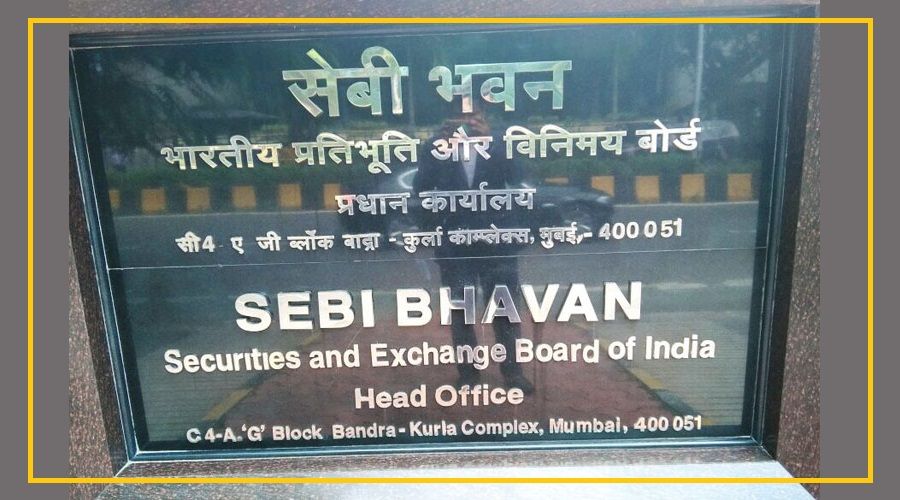The Securities and Exchange Board of India (SEBI) is going to hold a crucial meeting on 12 September. In this meeting, many big decisions are expected that will directly affect the stock market and investors.
One of the key points of discussion will be whether mutual fund companies should be allowed to invest in activities other than their main business (Non-Core Business).
Similarly, large companies may also get permission to invest in non-core businesses.
SEBI may also consider making the rules for Initial Public Offerings (IPOs) simpler, so that it becomes easier for companies to enter the stock market.
ET NOW Swadesh’s correspondent, Ankur Mishra, has shared details about these possible changes.
Changes Expected in Mutual Fund Rules
Currently, mutual fund companies (AMCs) are not allowed to manage or advise certain foreign funds. According to Ankur Mishra, SEBI is considering easing these rules.
If approved, mutual fund companies may soon be allowed to manage and advise foreign funds that are not broad-based — such as funds with fewer investors or family office-style funds — regardless of how they invest in India.
Relief for Companies Launching Big IPOs
SEBI may also give relaxation to companies planning large IPOs. At present, when a company launches an IPO, it must sell a portion of its shares in the market (dilution).
Right now, companies are required to make sure that at least 25% of their shares are held by the public within a fixed time frame. This is called Minimum Public Shareholding (MPS).
SEBI is considering extending this time limit so that companies are not forced to sell shares quickly. This will allow big companies to sell fewer shares initially and gradually meet the MPS requirement.
Approval Likely for SWAGAT-FI
SEBI may soon introduce a new single-window system called SWAGAT-FI to simplify the process for foreign portfolio investors (FPIs), especially for low-risk categories like sovereign funds, government entities, and regulated public funds.
With SWAGAT-FI, investors will not need to submit applications repeatedly on different platforms. This will save time, reduce paperwork, cut costs, and make compliance easier.
SEBI is also planning to allow Indian resident non-individual investors — such as companies or trusts sponsoring retail schemes in GIFT City — to register as FPIs.
This step will strengthen GIFT City as an international investment hub and attract more foreign investment into India.

